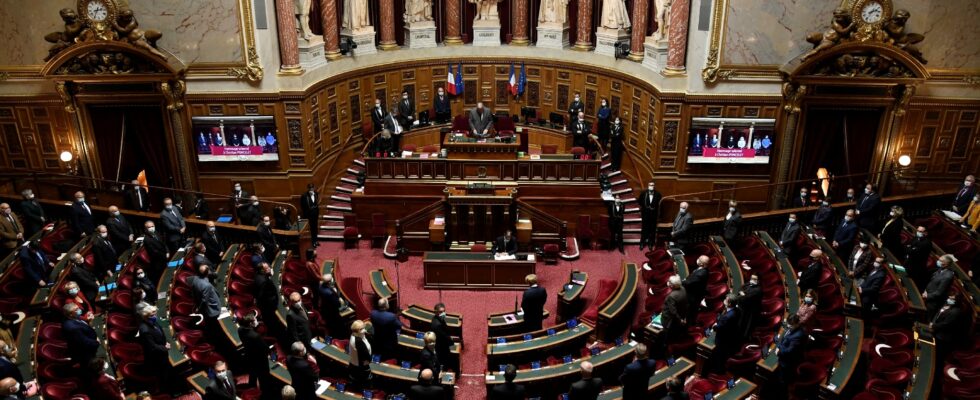The examination of the Social Security budget in the Senate, starting this Monday, November 18, promises significant battles on several key measures, between the revaluation of pensions, the creation of a second day of solidarity or reductions in employer charges. .
Employer contributions
Anxious to involve companies in the collective effort to redress accounts, the government is tackling a highly sensitive issue, that of reductions in employer contributions. He therefore proposes to limit and distribute these exemptions differently, in particular for salaries at the minimum wage level. The executive, which initially wanted to withdraw 4 billion euros from this measure, finally proposed on Sunday to halve the requested effort, to two billion.
The Senate, for its part, proposed in committee an intermediate route, estimated at three billion, which would involve a rebalancing in favor of reductions on salaries close to the minimum wage. The measure in any case angers the employers, who fear tens of thousands of job losses, as well as the Macronist camp, determined to obtain its elimination. Matignon, for his part, made it known that things remained “open” on this issue.
Retirements
The compromise found between the Republicans and the government to index pensions to half of inflation from January 1 – with a supplement on July 1 for pensions below the minimum wage – should be integrated into the text during the debates in the Senate, where the majority supports the government. The initial measure – a six-month postponement of indexation for all – was to bring in 4 billion. It sees itself reduced by 500 to 800 million euros with this new “deal”, according to the government.
But the debates promise to be intense, with the left promising in particular to relaunch the discussion on the repeal of the pension reform, without any hope of succeeding given the composition of the hemicycle, very different from that of the Assembly .
“Hours of solidarity”
Particularly scrutinized, the debate on the elimination of a second public holiday in addition to the “solidarity day” risks taking a big step forward in the Senate. A compromise was in fact drawn up in committee for the establishment of a “solidarity contribution” dedicated to financing measures in favor of old age, in the form of a fixed rate of seven additional annual hours worked without remuneration by each employee. It would then be up to companies to choose the methods for implementing this contribution. Estimated gain: 2.5 billion euros.
The Minister of the Economy Antoine Armand considered the proposal “interesting” and “judicious”. If the left opposes it head-on, some will on the contrary want to go even further: centrist senators are proposing that this package be increased to 18 additional hours per year, making a potentially very unpopular proposal.
Soda and tobacco
The Senate intends to take up the amendment passed in the National Assembly on the “soda tax” (intended to limit the quantity of sugars in this type of drink), by making it heavier, with an expected return of 200 million euros. In committee, the parliamentarians of the Upper Assembly also voted to accelerate the increase in taxes on tobacco, to approach an average price of a pack of cigarettes at 13 euros by 2025 (150 million euros expected). They also propose to strengthen the taxation of online games and lotteries (200 million euros again). These “behavioral taxation” measures will have to be voted on again in the Chamber.
“Rabbit tax”, the return
Already proposed last year by the Senate, but not retained by the government, the idea of charging patients who do not honor their medical appointments will return to the debate at the Palais du Luxembourg. Supported by the right, the device, nicknamed “Rabbit Tax”, has a good chance of being adopted again, a way of putting the issue in the hands of the government. Former Prime Minister Gabriel Attal had in fact launched this project, left unresolved by the dissolution that occurred in the spring.
